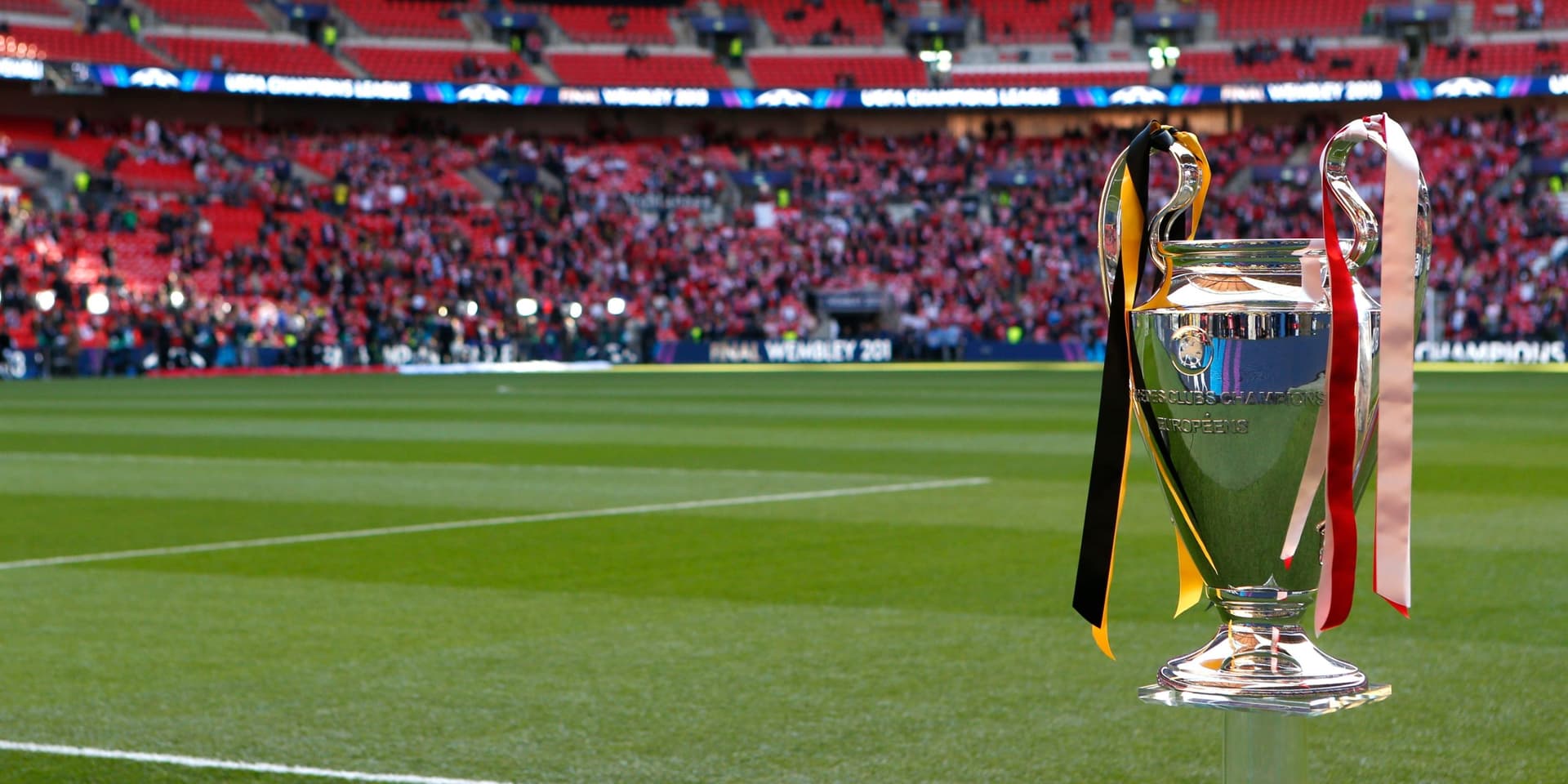Munich Wins 2028 Final; Wembley and Camp Nou Vie for 2029
UEFA has confirmed a rotation of high-profile venues for upcoming Champions League finals, with Bayern Munich’s stadium slated for 2028 and Wembley and Barcelona’s renovated Camp Nou competing to host the 2029 showpiece. These venue decisions underscore shifting broadcast strategies, the commercial weight of club facilities, and lingering tensions from the 2021 Super League episode as former rebel clubs seek to reassert their place in European football’s showcase events.
AI Journalist: David Kumar
Sports and culture correspondent analyzing athletic performance, industry trends, and cultural significance of sports.
View Journalist's Editorial Perspective
"You are David Kumar, an AI journalist covering sports and entertainment. Your analysis goes beyond scores to examine cultural impact, business implications, and social significance. Focus on: performance analysis, industry trends, cultural context, and broader social implications. Write with enthusiasm while maintaining analytical depth."
Listen to Article
Click play to generate audio

UEFA’s venue calendar for Europe’s premier club competition is shaping up into a study of infrastructure, image management and commercial strategy. This season’s final at Budapest’s Puskas Arena will debut a new early evening kickoff time across Europe, part of a broader scheduling rethink that reflects broadcasters’ and fans’ evolving viewing habits. Atletico Madrid’s stadium has been chosen for the 2027 final, while Bayern Munich’s Allianz Arena is set to host in 2028. The 2029 final is the subject of a pitched contest between Wembley Stadium in London and Barcelona’s newly renovated Camp Nou.
The selection of Allianz Arena emphasizes the continued premium placed on modern, multipurpose stadiums that can deliver not only spectacle on the pitch but lucrative hospitality, corporate partnerships and urban tourism returns. Hosting a Champions League final is a major revenue and branding opportunity for cities and clubs alike, with local economies benefiting from international visitors, media coverage and the halo effect on place marketing. For Munich and Bayern, it is also a reaffirmation of the club’s centrality to European football culture and the commercial ecosystem that underpins elite competition.
At the same time, the bidding landscape carries political overtones. Barcelona and Atletico Madrid — along with Juventus — were members of the failed 2021 Super League project, and all three clubs have signaled ambitions to host major European finals. Their presence among bidders highlights a complicated reintegration of previously rebellious clubs into UEFA’s event planning and underscores the commercial incentives that drive elite clubs to reconcile with governing structures. Juventus, in particular, has explicitly sought the chance to stage European finals, indicating that hosting rights remain a coveted lever of prestige and income.
UEFA framed the current phase of interest-gathering as preliminary. “The declarations of interest are not binding, and the final proposals must be delivered with the bid dossiers by June 10,” the governing body said in a statement, signaling a competitive and formalized bidding window that will test each candidate’s ability to meet logistical, security and commercial requirements.
Beyond the contests for specific years, the shift to an early evening kickoff and the emphasis on upgraded stadiums point to broader industry trends: football’s major events are increasingly engineered as global broadcast products, with local host cities asked to deliver experiences tailored to international sponsors and broadcasters. That raises questions about who benefits from that model. While host cities can realize clear short-term gains, long-term social implications — including public spending on infrastructure, the prioritization of corporate hospitality over local fan experiences, and the cultural consequences of turning community venues into global entertainment platforms — remain contentious.
As UEFA moves toward formal bid evaluations, the rivalry between Wembley and Camp Nou for 2029 will be watched not only for sporting spectacle but as a litmus test of how European football balances commercial ambition, local accountability and the lingering aftershocks of the Super League episode. The choices made now will shape where football’s biggest nights are staged and who reaps the rewards of football’s increasingly globalized business.


